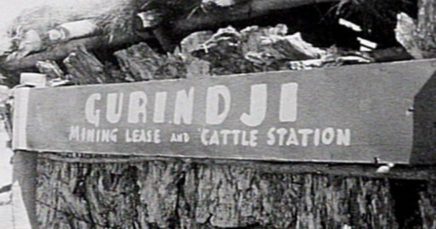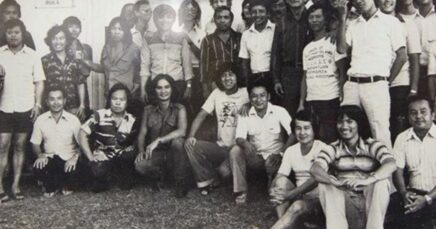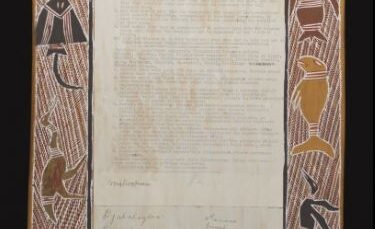
In 1999, East Timor was in flames.
On August 30, the Timorese people voted overwhelmingly for independence from Indonesia after twenty-four years of military occupation.
Militias backed by the Indonesian military unleashed a campaign of violence to try and stop the Timorese from voting for freedom, and then to punish them once they did.
The Australian union movement sprung into action to show solidarity with the people of East Timor.
The Australian Council of Trade Unions began a union-led “Campaign of Peace”.
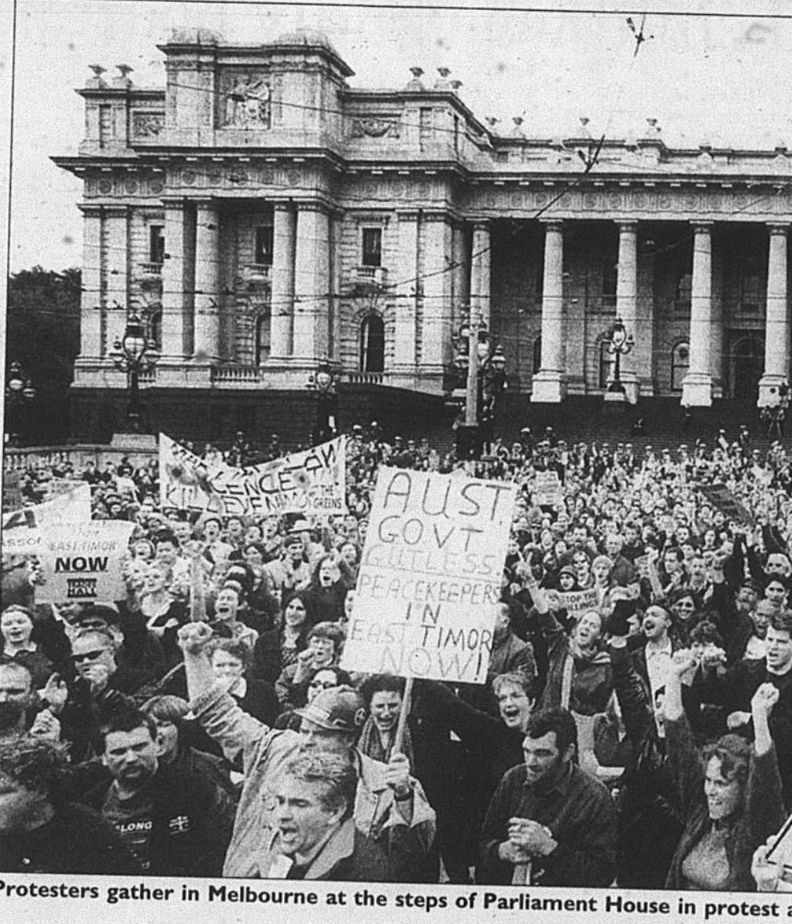
The campaign called for the Australian government to push for a UN peacekeeping force to enter East Timor, and sought to pressure the Indonesian government into allowing peacekeepers to enter the country.
It did so by protesting against key Indonesian-state owned companies, like the Garuda airline.
Garuda flew regular flights from Melbourne and Sydney to Bali.
In September 1999, members of the Construction Union went to the Melbourne airport and protested a plane that was about to depart. Members of the Australian Services Union on the flight crew and the Transport Workers Union who organised the baggage refused to handle freight on Garuda.
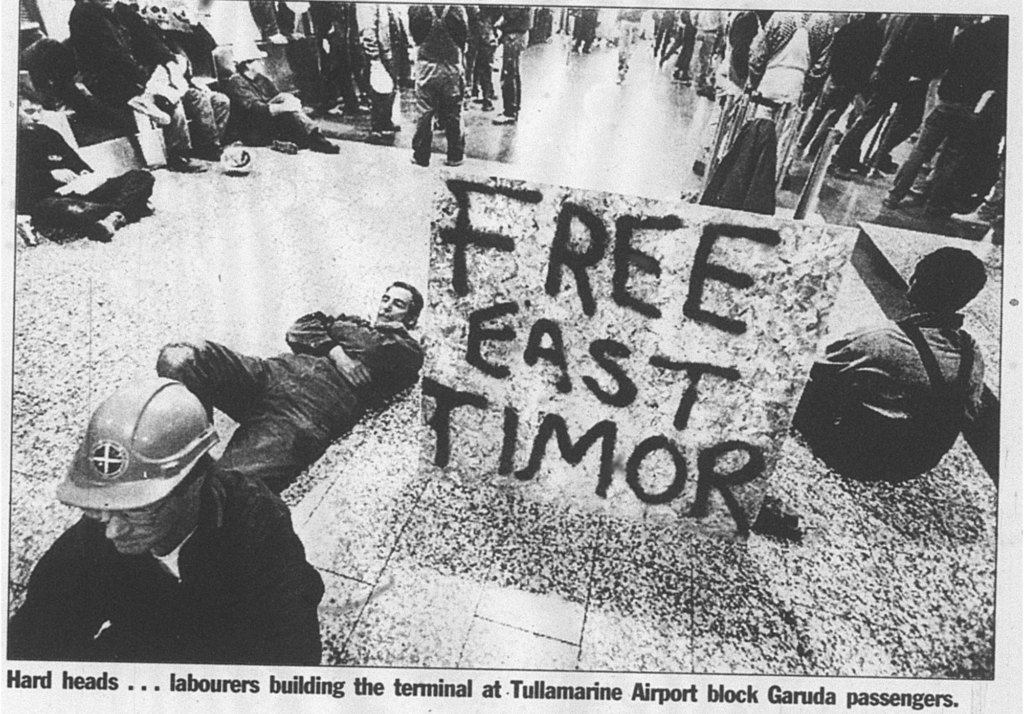
The protests grew, and soon regular vigils were being held at Garuda offices, and planned departures were protested.
In Sydney, a group of 1,000 union-led protestors brought the airport to a standstill to protest a Garuda flight.
It sent a clear message: Australian unions would not stand idly by while the people of East Timor were being targeted by violence.
Once it was announced that an Australian-led UN peacekeeping force would enter East Timor, the protests against Garuda stopped.
In a moment of great crisis for the people of East Timor, the Australian union movement had refused to be silent, but took action to demonstrate our solidarity with their cause for freedom.

